Summary
First Aid system (FAS) has been established in February 2010 and it presents Emergency and Elective Medical services along with transferring for patients across all the camp and the surrounding areas. The first aid service is a unique initiative since it presents a comprehensive service (Center, fully equipped ambulance, medics, first aiders, drivers, and trainers) stand by 24/24 and it is free of charge. It is worth mentioning that all the team members are volunteers and they dedicate their free time for humanitarian services.
During 2020, the First Aid system has fulfilled a numerous range of successful missions; however 778 different missions were accomplished. On the other hand, First Aid System has dedicated a big share of its activities for the capacity building of its team and it has organized a number of first aid training courses for population. Moreover, it has presented various awareness sessions along with first aid station during various social activities and emergency events.
It’s an honor for the HCA administration and the First Aid team to reveal highly appreciation for those who contributed in the project and let the services of first aid to be in hands of all the needy people in our Palestinian community in Ein Al Hilweh camp and Mieh wo Mieh.

To enrich this report, we find it could be a chance to thank all of them and will be more valuable to mention the names of the contributors and partners
- Australian Friends of Palestine
- ANERA
- ARCPA
- UNRWA
- PRCS – Palestinian Red Crescent Society
- Central Communication Network – Al Jazera telecommunication
- Al Aqsa telecommunication
- Stakeholders in the local community
- Italian Embassy
- Italian Cooperation
- CISP – COMITATO INTERNAZIONALE PER LO SVILUPPO DEI POPOLI
- Government of Aragan, Zaragoza, Spain
- UAGA Association, Zaragoza, Spain
- Foro Palestina, Zaragoza, Spain
- ICRC – International Committee of Red Cross
- LRC – Lebanese Red Cross
- NPA – Norwegian people Aid
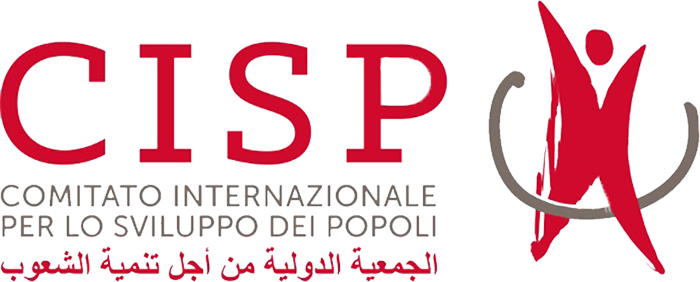
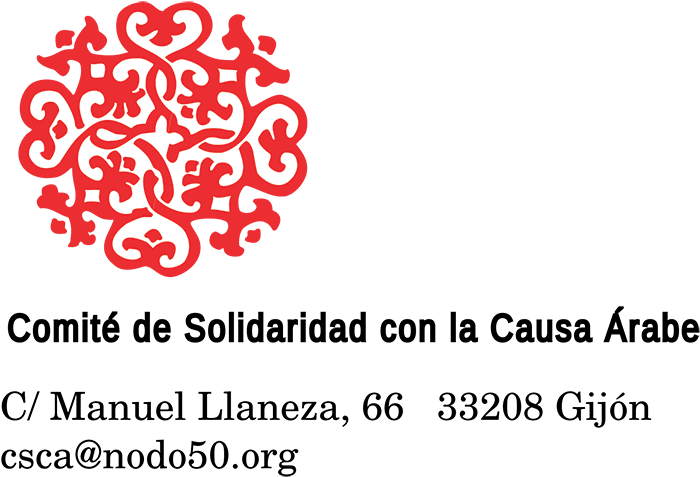


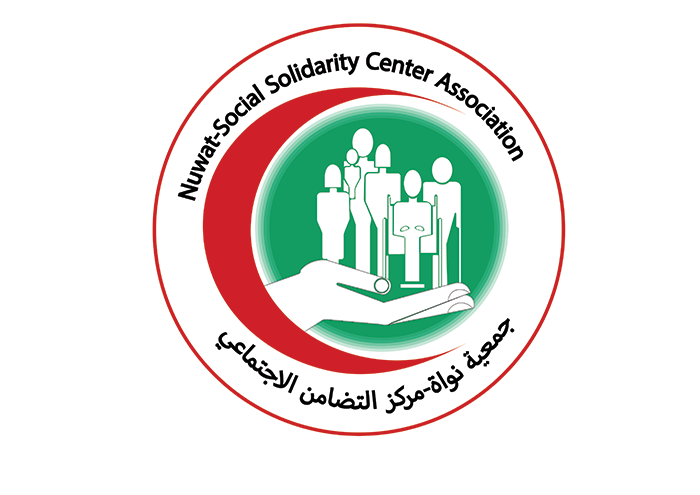
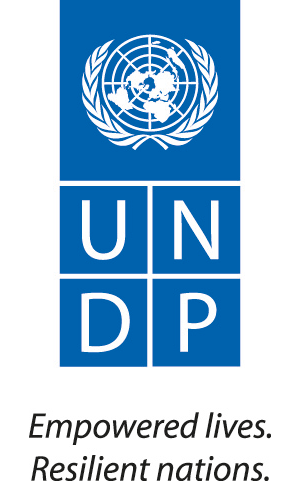


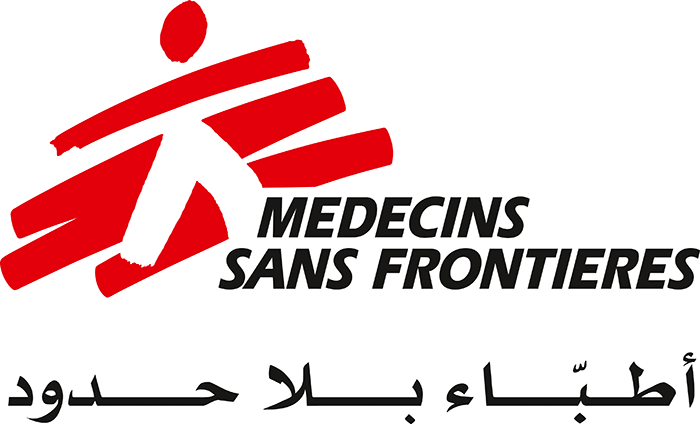

Our Main Challenges
The absence of safety measurements (helmet & chest shield) and means of wireless communication are the highest threat for first aiders. Being equipped with these measurements is a priority since the team is obliged to work during armed conflicts that recurrently occur in Ein El Helweh camp. The haphazard buildings with is overcrowded is forcing the team to abandon the ambulance since it can’t reach the homes located in the narrow alleys of the camp. The coordination process between the team and the ambulance is indispensable to keep the center being updated with uprising conditions.
The deteriorating infra structure, the narrow and overcrowded streets and inter sectors roads, the low wires of electricity and hectic traffic jams has damaged some parts of the ambulance which is unequipped for such logistics. The Ambulance needs monthly maintenance to repair the damages resulted from the destructed roads. It’s important to have a professional driver to deal with traffic jam and the narrow streets of the camp to avoid accidents. Generally, the driver is responsible for general and private safety measurements that should be entitled with certain personal characteristics that would enable him to accommodate with any upcoming emergency situations. It is essential to entitle one or two drivers to drive the ambulance since they would be familiar with the mechanical status of the vehicle and they are practiced to deal with it professionally.
Some shifts were not covered by volunteers due to the heavy loaded weekly schedule for some of them. The absence of volunteers causes a massive gap within the process of First Aid program. Sometimes First Aid System couldn’t respond for urgent calls due to the shortage of first aiders at certain times. This shortage sometimes was covered by available HCA nurses or paramedics who had done the first aid training. The absence of some volunteers occurs mainly during the academic year, where most of them are busy with their studies; Some others have found other job opportunities and others have changed their time schedule in their private practices. Limitation of providing some incentives may be another reason for this shortage. Some volunteers were covering 400 hours per month during the last 10 months so they would replace other volunteers who are unable to afford for transportation fees and the economical burdens. This urgent precaution is overburdening the volunteers in service since they are covering double shifts sometimes which led at a certain stage to the lack of motivation among them.
First Aid System Activities
First Aid services and patients’ transportation
Basic First aid training courses for local community
Drop of blood = life
Alert state announcement & bringing medical stuff in case of disasters and armed conflict
Mission Type








